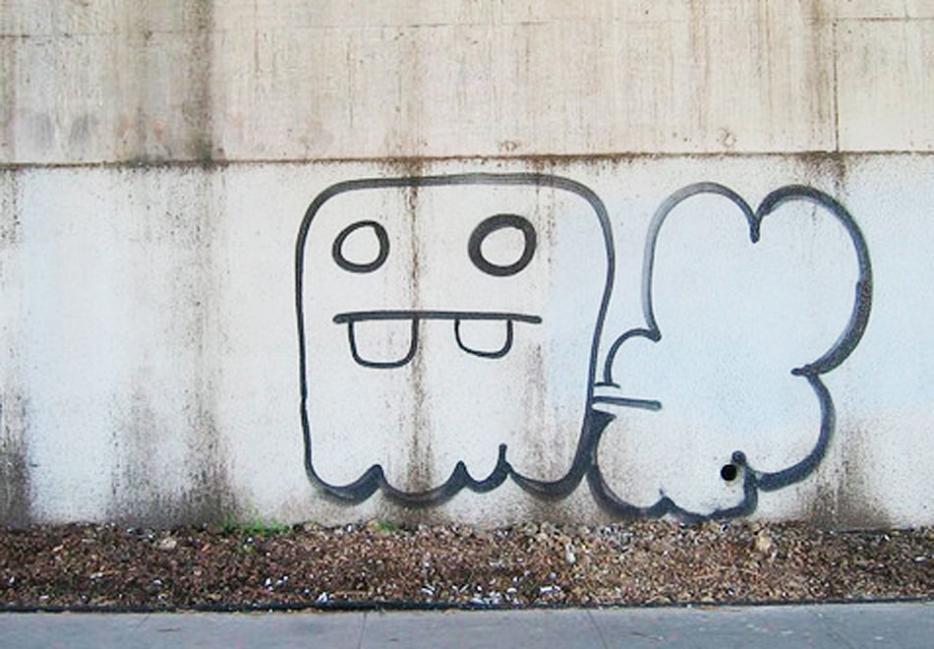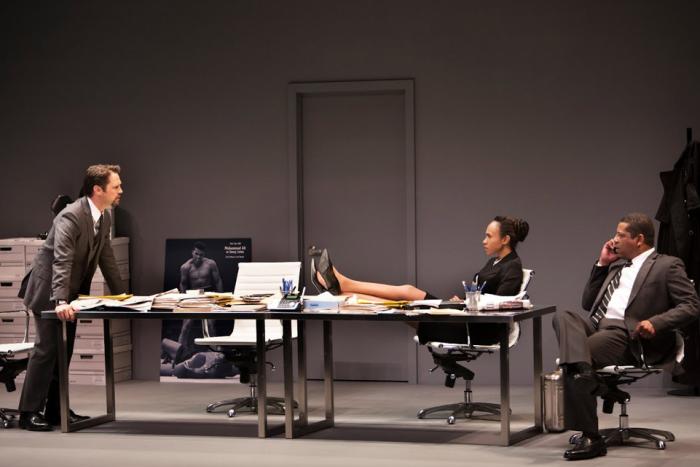Disabled people both want to and do have sex. That simple, obvious fact has caused something of a stir in the UK recently, thanks to the new documentary series Can Have Sex Will Have Sex, which, among other things, features a 45-year-old disabled man losing his virginity to a sex surrogate.
To call the reaction a controversy, however, would be pushing it. The responses from some columnists or the comments under such pieces are actually quite refreshing—mostly, and quite correctly, “how could anyone object to this?” Sure, part of that is due to the gradual change in attitudes toward sex. But there’s also a case to be made that it’s because the web has helped take the plain truth about bodies and sexuality and made it a lot more public.
Perhaps it’s the comforting anonymity of a message board username, but online, people seem more comfortable talking about the basic facts of biology. Take Reddit: Though it rightly has a reputation as a bit of a cesspool, it is also full of charmingly honest anecdotes about the weird, occasionally disgusting things our bodies do. The site is littered with threads like “the most embarrassing thing that has happened to you with the opposite sex”—which, let’s be honest, often involves farting during coitus—or hilariously honest stories such as a young man ejaculating during a prostate exam from a female doctor.
Admittedly, the stories can sometimes be a bit stomach-churning. If my late-night perusals of Reddit have taught me anything, it’s that drunken anal sex is often a very bad, messy idea. But rather than simply being puerile or strangely voyeuristic, these largely anonymous forums showcase things we privately know but don’t publicly discuss enough. To wit, our bodies can be pretty gross—but if your body does do something kind of off-putting, you’re not alone. We’re all like that.
It can be oddly reassuring to be reminded that despite our attempts to the contrary, bodies often leak when we don’t mean them to, smell funny when we’d rather they didn’t, and often have each happen at the most inopportune time. Far too often, those truisms remain hidden. Creating spaces where people can discuss those facts is liberating, especially because unlike, say, the high school cafeteria or a table of friends, the risk of ostracism or judgment is shockingly low.
It’s true that, sometimes, you discover things you almost didn’t want to know. I’ll admit I had no idea “period painting” was something you found in women’s bathroom stalls and not museums. But even then, when taken honestly, the insight into the psycho-sexual undercurrents of our lives—that despite the layers of civilization, we are still creatures driven by inexplicable unconscious urges—can be enlightening and healthy, rather than dirty or somehow wrong.
In fact, it’s just that sense of shame and embarrassment that the creation of safe spaces to talk helps to counteract. From teens finding out about each others’ uncontrollable erections and menstrual mishaps, to adults learning the early signs of colon cancer, being able to talk about our bodies in an open, unashamed way has no end of benefits. And ultimately, as the behaviour starts to spread, perhaps we won’t even need the anonymous comfort of the web—and will rather learn that queefs, “gambling on a fart,” or the ol’ scratch-and-sniff are just part of being disgusting, natural, perfectly normal human beings.
--
Find Hazlitt on Facebook / Follow us on Twitter
Photo Credit: Banjo D






